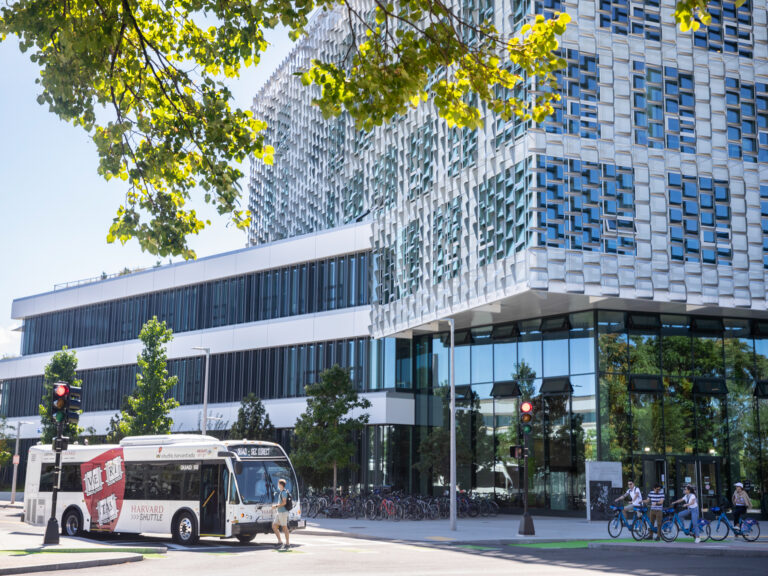Accelerating a zero-waste future
Zero Waste
A zero-waste future requires a systemic approach. At Harvard, we aim to sustainably manage all waste streams—including plastics, electronics, recyclables, and organics, as well as construction, demolition, and hazardous waste—while prioritizing waste prevention and reduction.
Framework for Waste Stewardship
Zero Waste Future
In 2025, Harvard launched “Accelerating a Zero Waste Future: A Framework for Waste Stewardship,” a new plan to transition our campuses to zero waste. Developed by the Waste Stewardship Steering Committee in collaboration with University leaders, the framework prioritizes waste prevention, reduction, reuse, and responsible recovery, and aligns with Harvard’s Sustainability Action Plan.
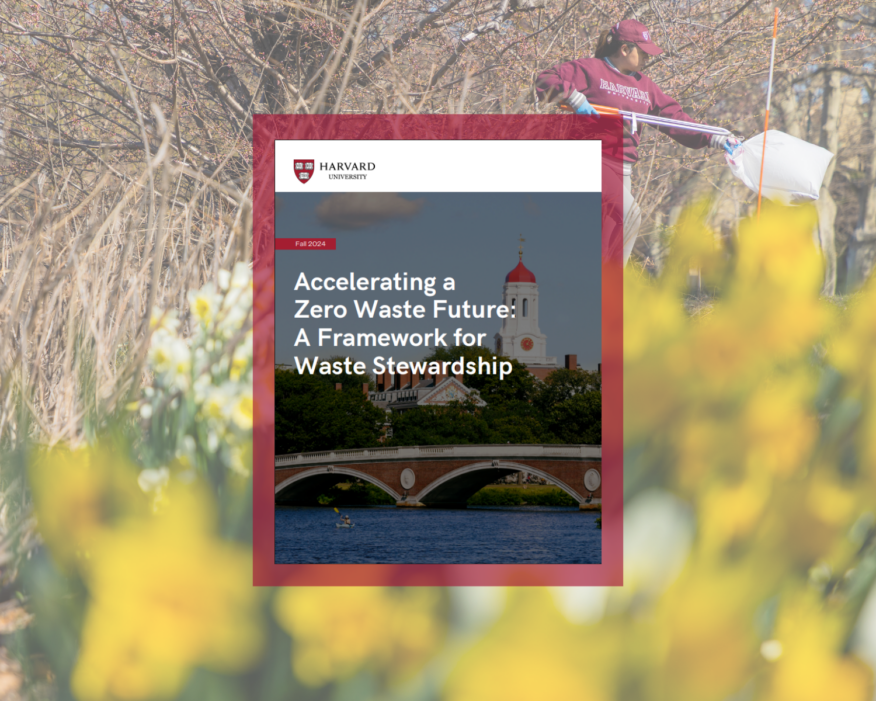
How is Harvard reducing waste?
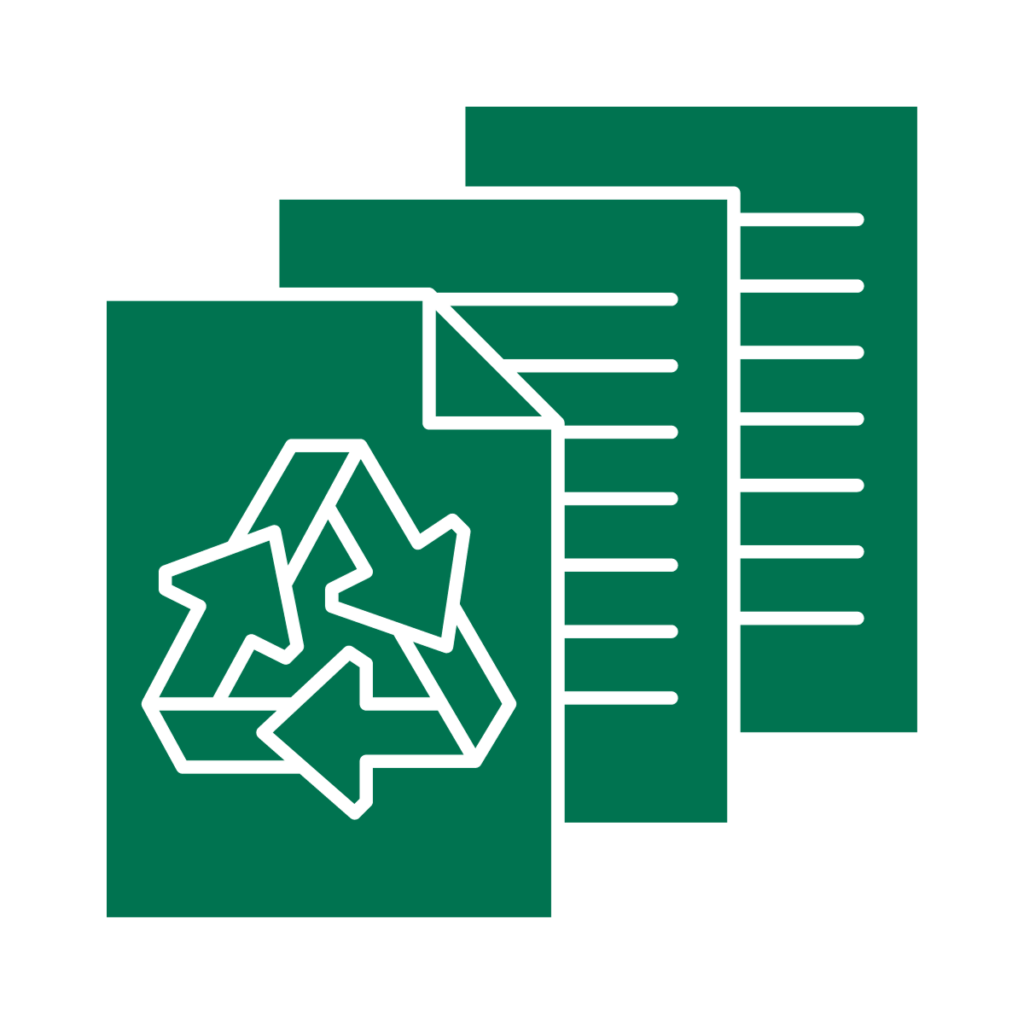
Harvard is taking a systemic approach to waste prevention and reduction, aiming to ensure the materials that the University purchases and handles are used effectively and for as long as possible. Harvard is also strategically preventing waste throughout our value chain, while minimizing on-campus municipal solid waste (or trash) and sustainably managing other waste streams.
We are focused on piloting solutions on campus to reduce waste. The Waste Stewardship Committee is developing guidance and resources to help Schools and Business Units create their own zero-waste plans and goals.
Harvard will continue to measure and report data annually for Harvard’s major waste streams and aims to develop a strategic zero-waste plan by the end of 2024.
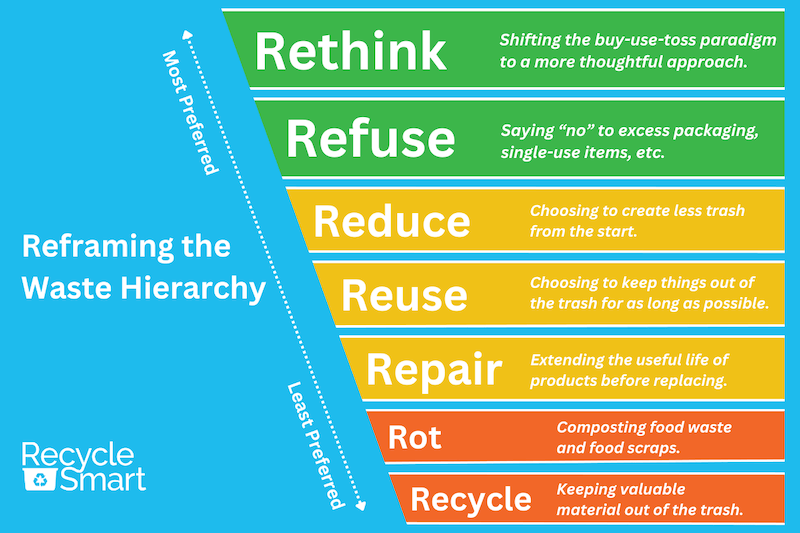
Harvard Recycling & Waste Management
The primary campus waste hauler office at Harvard manages all waste streams across Harvard’s Cambridge, Allston, and Longwood campuses. Explore their resources:
More Resources from Harvard Recycling & Waste ManagementOpens new window
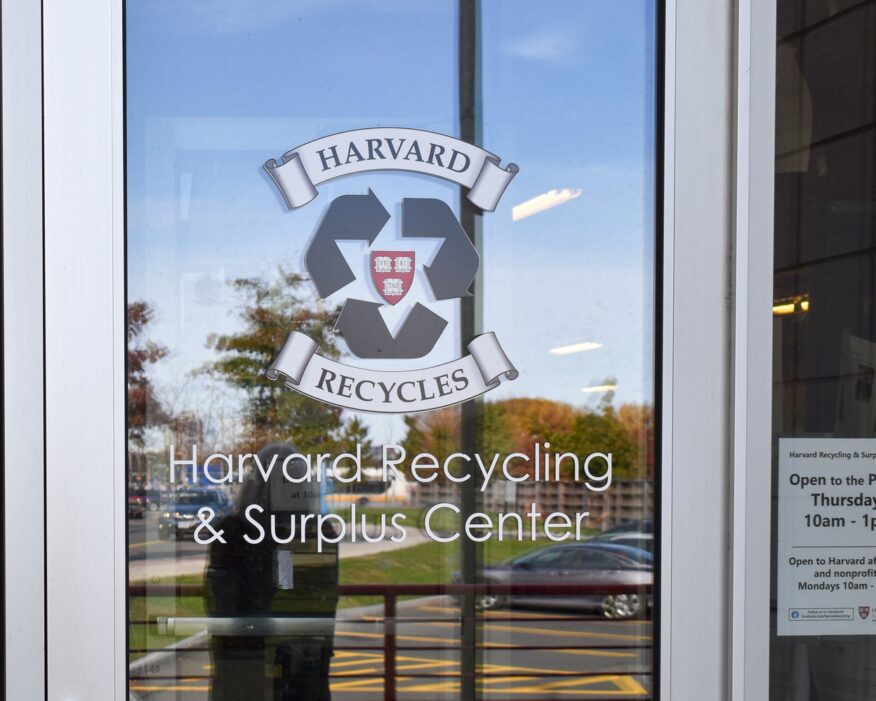
Piloting Solutions
A Zero-Waste Future
New life for Harvard’s compost
Compostable materials collected on Harvard’s campus are used to produce energy.
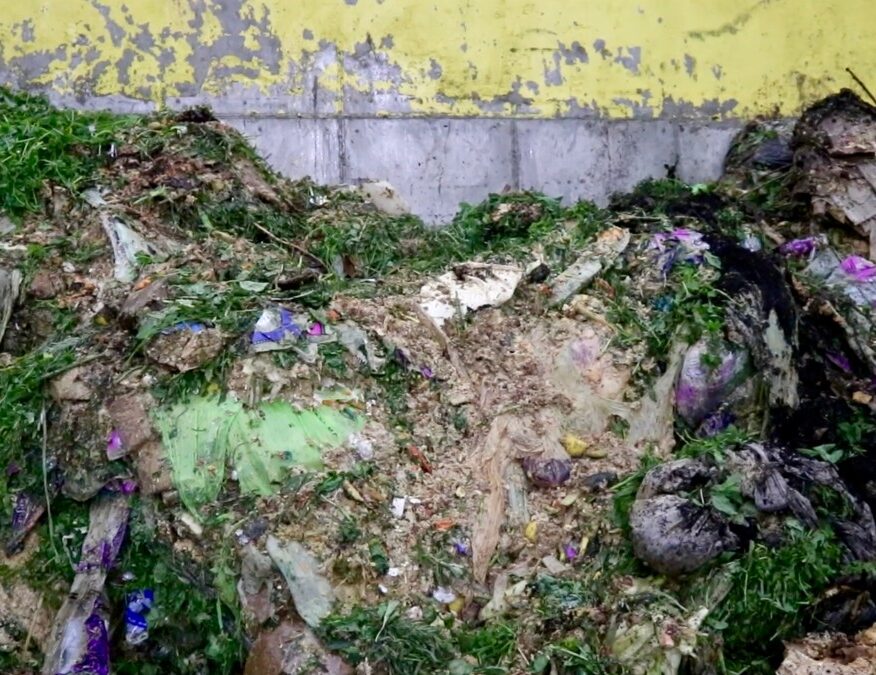
How We Operate
Harvard is accelerating new systems that enable healthier, low-carbon living—creating systems that can be scaled and adopted more broadly.
